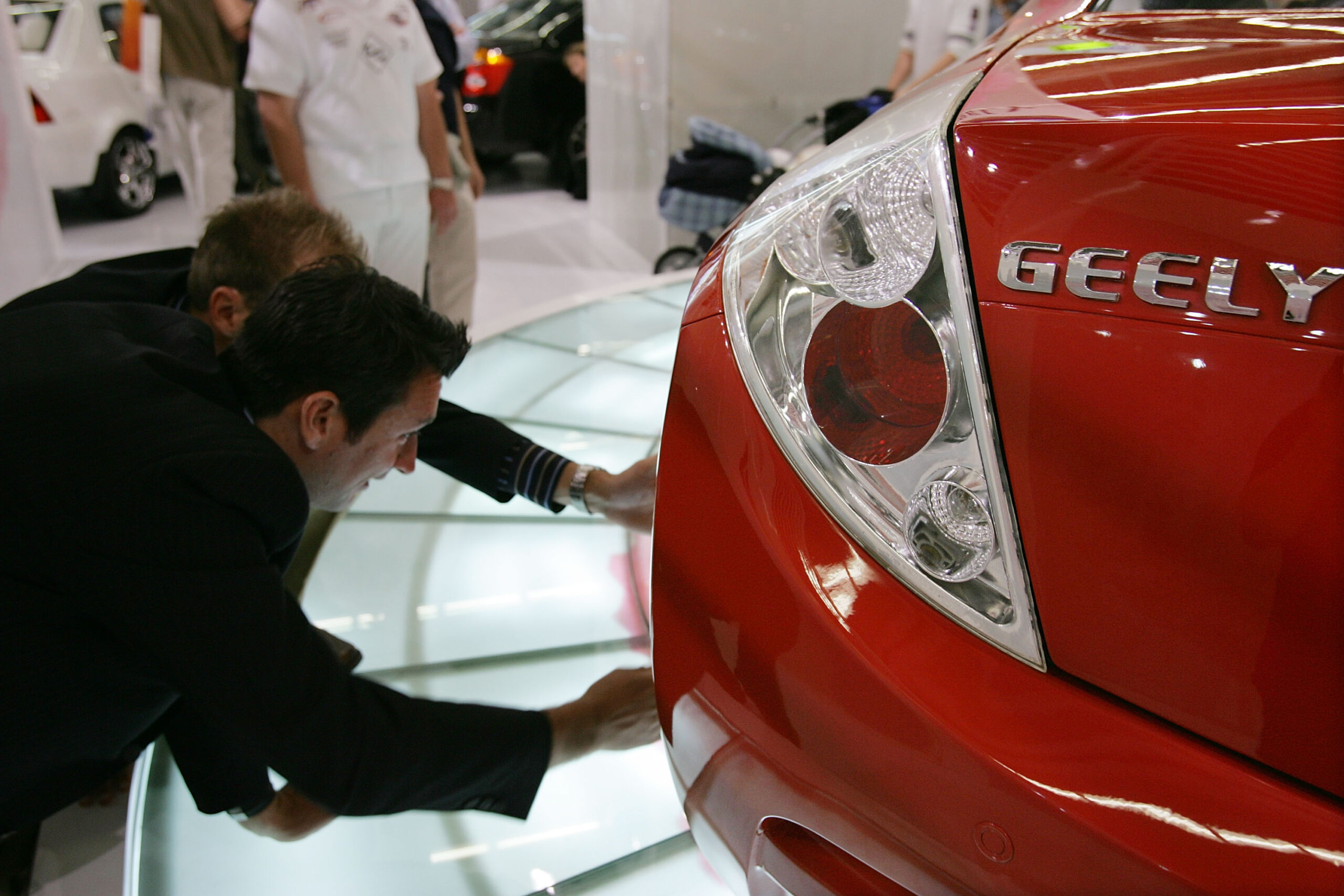Tesla Inc. is grappling with significant challenges as its dominance in the electric vehicle (EV) market faces increasing competition from Chinese manufacturers like BYD and Geely. The company’s recent earnings report revealed that while Tesla generated $28 billion in revenue last quarter, a staggering $21 billion came from its automotive segment. This underscores the ongoing centrality of its car business, despite CEO Elon Musk‘s characterization of Tesla as a robotics and artificial intelligence company.
The primary hurdle for Tesla at present is the erosion of its market share, particularly in regions like the United Kingdom and Europe. In the second quarter of this year, Tesla’s share of the U.S. EV market dipped to less than 45%, a steep decline from nearly 80% just a few years ago. This shift is largely attributed to the rise of local competitors such as BYD and Geely, which have established significant footholds in these markets.
In the European Union, Tesla has encountered particularly stiff competition, with sales occasionally falling by double-digit percentages year over year. Traditional automakers like Volkswagen, Mercedes, and BMW are increasingly vying for market share, making it difficult for Tesla to maintain its leading position.
Competitive Landscape in the UK
The situation in the United Kingdom presents unique challenges for Tesla. As highlighted by the Financial Times, the UK does not impose the same high tariffs on Chinese EVs that are found in the EU and the U.S. This allows Chinese manufacturers to compete more effectively with both domestic and legacy car brands. Michael Yang, head of Geely Auto UK, noted, “Currently the UK market is more open and a friend for Chinese brands,” emphasizing the advantageous conditions for new entrants.
Geely, part of Geely Holding, which also owns brands such as Volvo, Polestar, Lotus, and Austin Martin, is targeting the UK aggressively. The company aims to sell 100,000 units in the UK, a goal that could position it ahead of both BYD and Tesla in the market. This ambitious target highlights the necessity for Geely to establish local production, which would require significant investment.
The Challenge of Market Leadership
In China, Geely has already made strides, with unit sales reaching 1,409,180 vehicles in the first half of this year, marking a 48% increase compared to the previous year. This surge underscores the competitive landscape Tesla is facing, as local companies are increasingly looking beyond their home markets to secure growth.
As Tesla navigates this new reality, the company must confront the fact that its first-mover advantage in the EV space is diminishing. With strong competition emerging from Geely and BYD, Tesla’s sales in crucial markets are at a crossroads. The challenges posed by these new competitors could significantly impact Tesla’s valuation, currently pegged at $1.4 trillion, making it the 10th largest company by market capitalization globally.
The evolving dynamics in the EV market signal a critical juncture for Tesla. As the company works to adapt to changing consumer preferences and intense competition, its future growth may depend on how effectively it can maintain its position against both established automotive giants and emerging Chinese brands.





































































